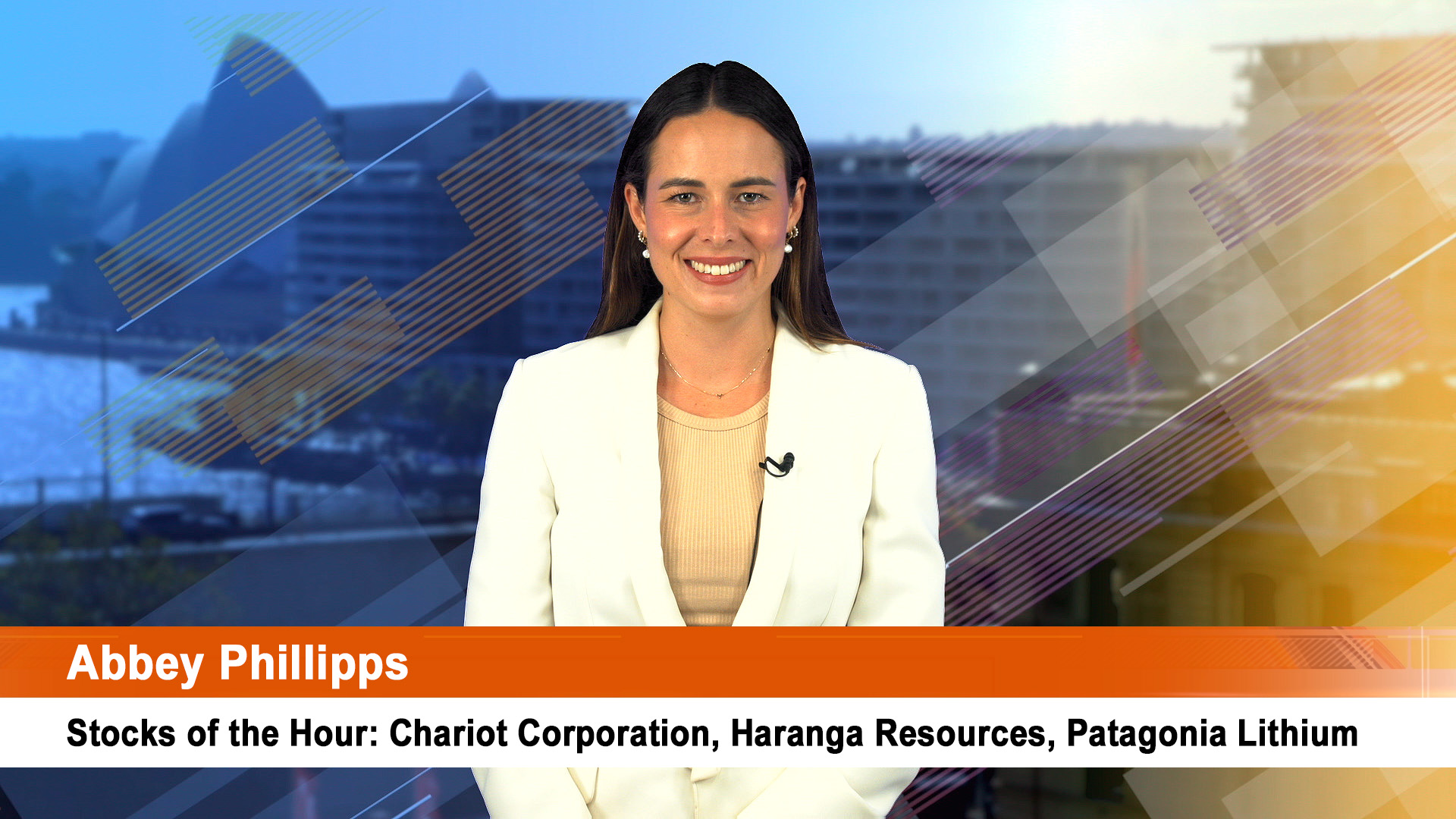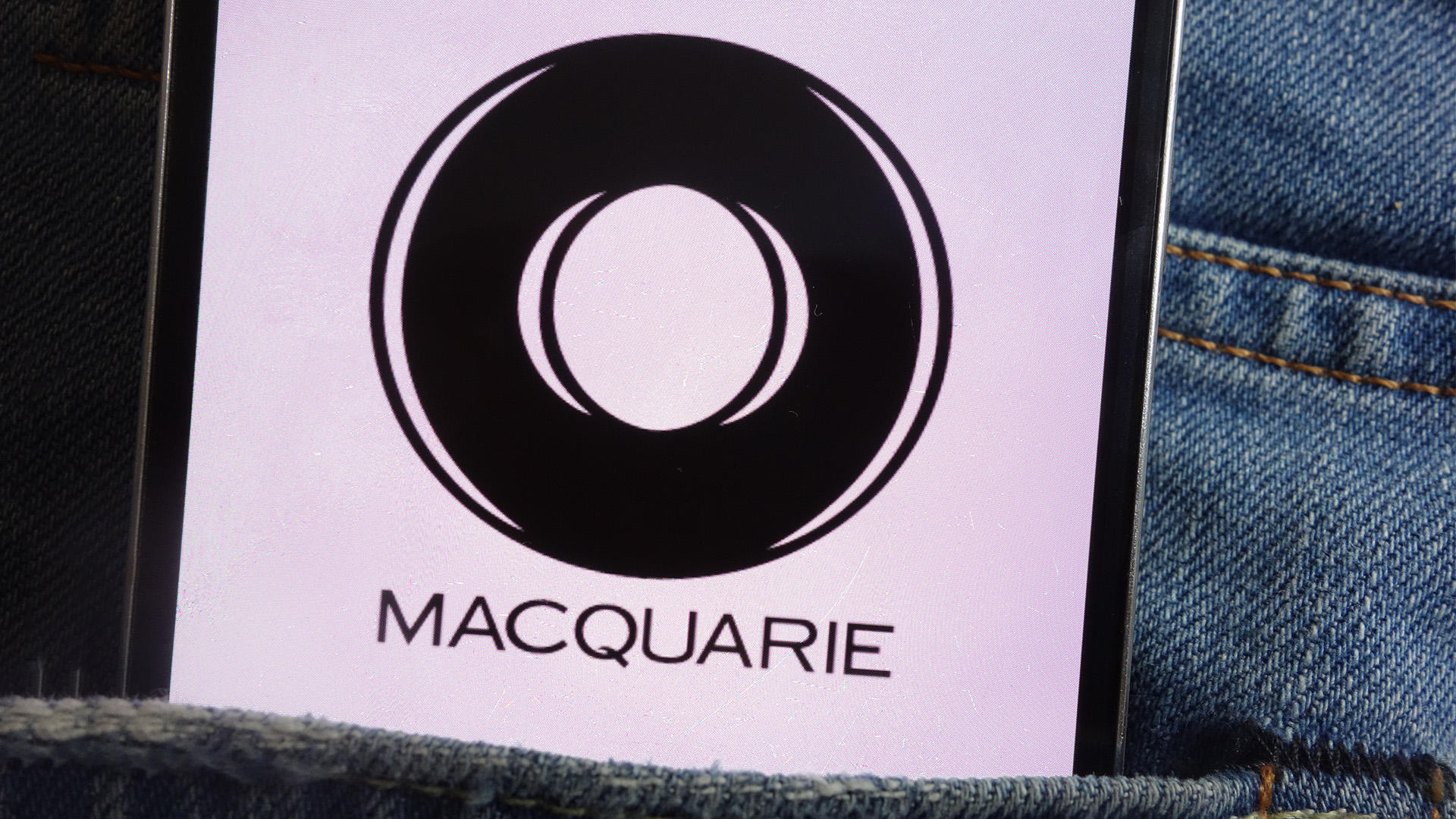
Qantas is battening down the hatches and preparing for the worst as profits and travel slump because of the international credit crunch and slowdown.
Qantas has lowered its annual profit forecast by a third and will again cut capacity and costs, as the global financial crisis impacts demand for air travel.
Qantas said yesterday it now expects a pre-tax profit of around $500 million for fiscal 2009, which is within the current range of analyst forecasts.
In August the carrier forecast that 2009 annual profit would be broadly in line with the average forecast of $751 million, against a range of $428 million and $1.02 billion.
It earned $1.4 billion pre-tax in the 2008 financial year, so earnings will be down around 64% from that level.
And, while no job cuts will be made on top of the 1500 cut mid year, the airline is cranking up its cost cutting again.
"We will, however, be seeking further efficiencies by implementing an accelerated leave program," CEO Geoff Dixon said yesterday.
In a briefing to the ASX the airline said its Sustainable Future Program was being expanded to include immediate cost reduction opportunities.
It said that:
- $550 million of sustainable improvements identified
- $240 million of short-term savings, including capacity related reductions
- Staff requirements to be managed, where possible, by adjusting rosters and through accelerated leave and attrition.
As well the airline made it clear in the ASX briefing that it had the resources to survive:
It said it had "strong liquidity – $2.5 billion of cash, more than $1 billion of underwritten financing facilities" and "another $1billion of financing facilities mandated and nearing completion.
"In addition to the above, we expect to fund future aircraft deliveries through secured debt including Export Credit Agency funding, cashflows and operating leases.
"The 2008/09 total capital expenditure had been reduced from $2.5 billion to $2.1 billion, the airline had a stable debt maturity profile with limited unsecured refinancing requirements until late 2010 and it had few debt covenants and with no fixed ratio requirements or ratings triggers."
It said it was well hedged for its fuel costs and had participation in the downside if prices fall, as they have been doing.
Mr Dixon told the ASX in a separate the statement that: "By taking this action now we will have the flexibility to switch growth back on as soon as market conditions improve.
“We are in unpredictable times and the international business market, in particular, has slowed."
Mr Dixon said that that slower consumer demand had mostly affected Qantas’ mainline international operations, especially the usually lucrative business market.
"We are in unpredictable times and the international business market, in particular, has slowed,” he said in the statement announcing the cuts and lowered earnings guidance.
The near 30% fall in the value of the Australian dollar has played a part in making offshore travel for Australians more expensive, which has in turn cut business levels and revenues.
As a result the airline will cut capacity equal to the grounding of 10 aircraft.
This will be on top of the decision earlier in the year to cut capacity growth to zero and remove 16 more aircraft from operations.
As well 1,500 jobs were "removed" at that time, while 1,200 new positions cancelled. Executive pay was frozen and reductions made to non-essential operating and capital expenditure.
The airline said it now won’t take 2 A330-200 Airbuses on lease; will remove equivalent of another 10 aircraft (consisting of 6 747-400s, 3 767-300s and 1 Airbus 320-200.
The airline’s second half 2008/09 capacity will be 4% lower than pcp (full year -2%) and the planned 2009-10 capacity growth will be cut from 10% to just 2%. That is for both Qantas and Jetstar’s entire operations.
Mr Dixon said Qantas’ domestic operations, Jetstar, its Qantas Frequent Flyer program and Qantas Freight arm continue to perform well.
His replacement, chief executive designate, Alan Joyce, said in the same statement that group had benefited from the recent fall in fuel prices.
But this had been offset by the global economic slowdown and reduced demand since September.
"Our fuel bill for 2008/09 will still be $750 million higher than last year," he said.
Mr Joyce also said the airline "continued to maintain a strong liquidity position in terms of cash and stand-by facilities; would seek further profitable flying opportunities, such as the non-stop Sydney-Buenos Aires services which commenced yesterday; and take delivery of a further two A380 aircraft in December and commence A380 services to London via Singapore in January.
Qantas shares finished down 7c at $2.24 in a market that was up 5.8%.
The AGM will be held on Friday.













